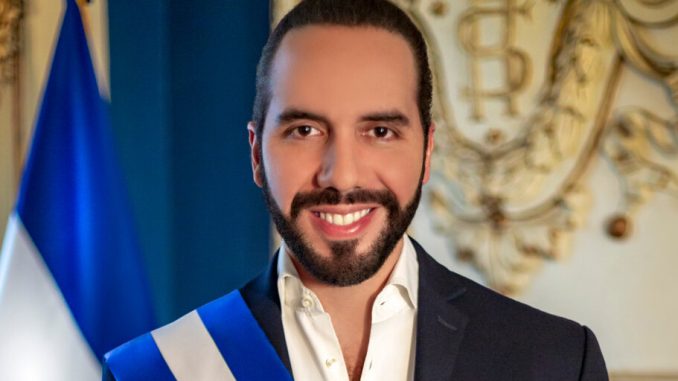
El Salvador has been stockpiling Bitcoin since 2021, the same year the country made the orange coin legal tender. With Bitcoin’s recent spike in value, El Salvador’s President Nayib Bukele took to Twitter to brag, as the country hit $100 million of unrealized profit.
“I told you so,” Bukele said on Twitter.
This comes after the President faced backlash for integrating Bitcoin so directly into El Salvador’s economy. In 2022, The International Monetary Fund (IMF) warned Bukele that Bitcoin could destabilize the nation’s economy. Later that same year, Bloomberg claimed the country’s Bitcoin experiment had failed, with the President pushing back saying the article was “full of lies.“
Now two years later, according to SpotOnChain, the country’s Bitcoin holdings are currently valued at $516.43 million with $100.65 million of that being unrealized profit—that’s just shy of a 20% profit margin.
For note, unrealized profit is simply the difference between the price at which an asset was bought and its current value, this figure fluctuates with price movements. On top of this, it is rare that this much capital can be all sold at once. If they tried, El Salvador would experience ‘slippage,’ resulting in less than $100 million worth of profit.
Either way, Bukele said that the nation wouldn’t sell in February when he claimed to be at 40% profit.
El Salvador first started purchasing Bitcoin in September 2021, when the price was approximately $51,000, according to the Nayib Bukele portfolio tracker. The nation then purchased the leading cryptocurrency ten times over the coming year before it committed to purchasing one BTC every day, following the collapse of FTX.
When this pledge started, Bitcoin was worth approximately $16,600. It has since climbed to a new all-time high of $89,000—that’s a 436% increase.
According to SpotOnChain, El Salvador’s stockpiled Bitcoin was actually in a loss of $14 million just over a week ago, November 4. But as Bitcoin’s price skyrocketed following Donald Trump’s reelection as U.S. President, so did El Salvador’s fortunes.
Trump was seen as the pro-crypto candidate, when compared to a more crypto-cautious Democrat Kamala Harris. This is why Bitcoin has seen significant gains since the Republican was reelected—speculators are hopeful for a brighter future for crypto in the U.S.
One example of this is the potential strategic Bitcoin reserve that Trump’s administration could help build. Similar to El Salvador’s Bitcoin stockpile, the current plan outlined by Senator Cynthia Lummis, a Republican from Wyoming, would see the U.S. purchase 5% of the supply over a five year period and hold it in reserve for 20 years.
While the U.S. may be turning a corner with crypto, El Salvador has been deeply experimenting with it for years. Aside from making Bitcoin legal tender and buying $500 million worth of it, the nation has also started up a Bitcoin mining operation that uses energy from volcanoes, offering Bitcoin “volcano bonds.”
It appears the people of El Salvador have enjoyed the Bitcoin experiment so far as Bukele secured re-election in February this year. Nine months later, the country is richer to the tune of $100 million.
Daily Debrief Newsletter
Start every day with the top news stories right now, plus original features, a podcast, videos and more.




Be the first to comment